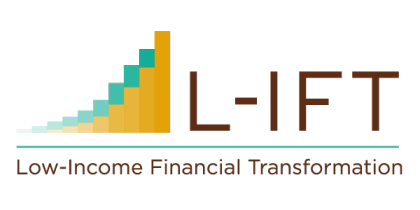As far as loan and its repayment modalities are considered, I have identified some loan types and repayment modalities that are widely practiced in the area. From my field experience, I have come up with the following categorization and these categories are identified/put forward based on the various explanations/lived experiences of farmers and traders from Koma Kara kebele
- Cash Taken → Repayment in Cash (Cash → Cash):
This type of loan implies that a farmer (smallholder farmer) receives some amount of money from traders, farmers, friends, neighbors, or some other sources (Cooperatives and/or MFIs) during his/her difficult times and pays back the loan during harvesting time. Money taken could be used for emergencies, renting land, buying foods for immediate domestic consumption, or for covering some other grand costs.
In this regard, the terms of Repayment are involved.
- Loan in Kind → Repayment in Cash (Kind → Cash)
In this type of loan, the borrower (usually the farmer) receives a loan in kind, not in cash. Accordingly, the type of loan could be sacks of malt barley, beans, wheat, improved seed, and/or other food items. I have come to know that smallholder farmers get this type of loan during the Ethiopian summer season (Kiremt), especially food items. More specifically, improved seeds are disseminated to farmers on this condition. Farmers receive the seed and pay back the amount given in cash during the harvesting time. Some additional price is taken for the service. Fertilizers could be taken that way but from individual vendors.
- Loan in Kind → Repayment in Kind (Kind → Kind)
This type of loan is quite different. It involves a loan given in kind, with payment being in kind too. For instance, a farmer may get a sack (100KG) of Malt barely during the summer season and he/she is expected to pay it in kind. However, the quality of the yield is greatly compromised. Thus, the loan provider could give any crop (mostly food barely or any other crop with low quality but equal amount) and get the crop (with the same sort/type) during the harvesting season. Smallholder farmers occasionally rely on this kind of loan, especially when their family gets starved during times of food item unavailability that is meant for domestic consumption.
